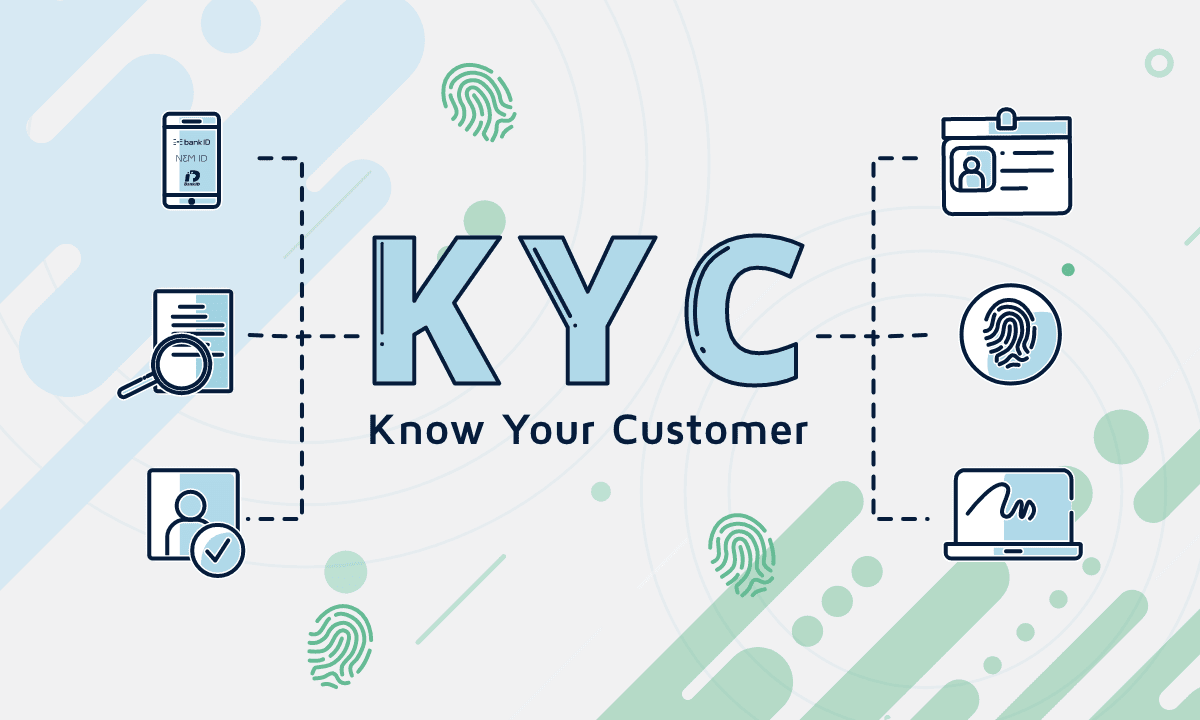Why Does the Financial Regulatory Landscape Need KYC Compliance?
 |
| Why Does the Financial Regulatory Landscape Need KYC Compliance? |
At the point when we talk about the monetary area, it is loaded with troublemakers searching for alluring freedoms to depend on. Since shoppers are turning towards the computerized space, it has become fundamental for organizations to complete confirmation measures to battle advanced extortion and fraud - which is a developing concern nowadays. Lawbreakers utilize a similar innovation used to foster security frameworks, to seize client personality. They typically pick apart the arrangement and use it for their own benefits.
Banks and protection firms are an expected objective of these digital entertainers and need to manage them every day. That being said, these digital hoodlums should be halted at the soonest to keep the data of real clients from being compromised. To concoct an answer, administrative specialists force Know Your Customer KYC consistency to ensure the legitimate monetary framework works without a hitch, and that fraudsters are surprised, permitting organizations to smooth out their activities.
Monetary establishments, particularly banks, utilize Anti Money Laundering (AML) consistency combined with KYC checks to assist them with making accommodations in client onboarding and observing dubious exchanges. KYC consistence forestalls monetary wrongdoing prompting tax avoidance, tax evasion, psychological oppressor financing, and cross-line dealing of medications and people, and so on-
What is KYC for the Banking Industry?
KYC also called Know Your Customer, is a popular term in banking. KYC verification incorporates all those policies and procedures to verify a client each time they want to associate a relationship with a business organization, whether they are a customer or a business partner. Usually, KYC verification entails the submission of ID documents that act as identity proof for the prospect. This acts as a deterrent against monetary crime, allowing banks to deliver a much secure and purposeful experience to the user.
Banks need to practice regulatory compliance by ensuring KYC protocols are properly implemented during customer onboarding. This allows them to avoid hefty fines resulting in non-compliance, and develop a good reputation in the eyes of financial watchdogs and the market.
Benefits of KYC Compliance
Regardless of whether a monetary organization is a bank, a digital money trade, an insurance agency, or a non-banking monetary partnership working in the monetary area, it needs to maintain KYC consistency norms. KYC confirmation straightforwardly addresses monetary wrongdoing helped out through phony and bogus characters, account takeovers, and ill-conceived business organizations, and proposes an achievable answer for this load of concerns.
- A Solid Brand Image
Any business or establishment that considers KYC consistency in its ordinary client onboarding measure is agreeable with cutting-edge guidelines set by monetary controllers. This adds validity to the organization and permits the business to foster a decent picture before their clients, fostering a dedicated client base.
- Streamlined Customer Onboarding
In the event that a venture rehearses KYC consistency in any case, they have better possibilities of forestalling digital wrongdoing. Since a KYC check is performed before the client really begins utilizing the administrations or items, it decreases the odds of bringing out data fraud through the business stage. That being said, agitators are halted in the underlying period of the cycle, consequently altogether decreasing the odds of computerized extortion and manufactured data fraud.
KYC confirmation permits organizations to record actually recognizable data (PII) of their customers for future validation and to ensure that the client base is authentic.
- Mitigating Financial Crime
Know your customer (KYC) compliance establishes a secure and safe customer onboarding through which only genuine users can create profiles and open accounts with the business. Therefore, KYC verification is a viable solution to prevent money laundering and fake initial coin offerings (ICOs) sold by fraudsters. This is the reason most companies invest a good deal of time and resources in developing state-of-the-art KYC frameworks.
Digital KYC is The Way Forward
Old-school methods have become rather a ‘cold product’ these days since cybercriminals have grown sophisticated in the acts. That being said, financial organizations are faced with greater challenges to secure the financial ecosystem and to develop products in making the market and customers much safer.
Digital solutions to ensure KYC compliance are becoming increasingly popular. These systems are usually powered by biometric authentication tools such as facial recognition, fingerprint scanning, and real-time document verification checks through which customers can get themselves verified in seconds.
Advanced KYC Takeaways
- Advanced KYC arrangements accompany a few advantages that are expressed beneath:
- Digital KYC confirmation empowers organizations to not contribute a great deal of time and cash in manual check and overseeing groups
- Automated and strong arrangements ensure KYC consistency and are financially savvy and less time wasteful
- Possibility of human blunder and carelessness is fundamentally decreased with advanced KYC check tools feature Articles, consequently permitting more freedoms for income constructing and focusing on complex errands